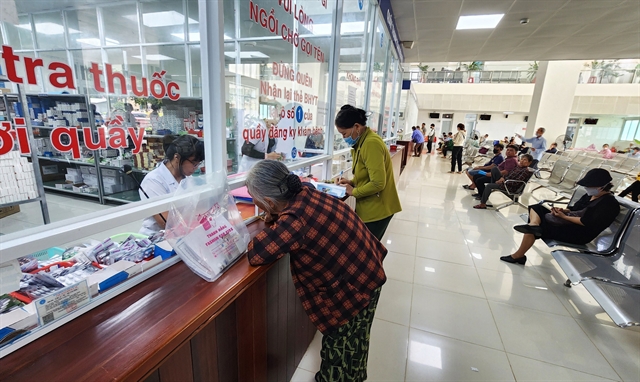 Opinion
Opinion

" />State agencies that fail to help enterprises overcome difficulties will be named and publicly shamed. That is one of the decisions emanating from the May 17 meeting between Prime Minister Nguyễn Xuân Phúc and leading business enterprises, Deputy Minister of Planning and Investment Đặng Huy Đông tells Tuổi Trẻ (Youth) newspaper.
 |
| Deputy Minister Đặng Huy Đông. Photo: cafef.vn |
State agencies that fail to help enterprises overcome difficulties will be named and publicly shamed. That is one of the decisions emanating from the May 17 meeting between Prime Minister Nguyễn Xuân Phúc and leading business enterprises, Deputy Minister of Planning and Investment Đặng Huy Đông tells Tuổi Trẻ (Youth) newspaper.
What are the prominent results after the year-long implementing of Resolution 35 on supporting and developing enterprises?
The most prominent result is the public responsiveness. According to preliminary figures, 28 support centres for start-ups have opened in the private sector. This is a biggest boom ever, showing that the private sector has been responsive to the Government’s call. The number of enterprises also increased. In 2016, there were about 500,000 active, tax-paying enterprises. After one year, the figure has risen to more than 610,000. Registered investment capital and registered capital for investment expansion have also increased. Results of a survey conducted among enterprises with foreign investment indicate a positive message that Việt Nam continues to be a priority destination for investment and investment expansion. In a report of the ASEAN-US Enterprises Association to the US Ambassador one month ago, all enterprises doing business in Việt Nam reported growth and profits and said they wished to continue their operations.
So why did the GDP growth in the first quarter mark the lowest in several years, and the number of enterprises dissolving was equal to the newly-established enterprises?
We can’t deny that the GDP growth was low, but the business sentiment has increased. The low growth rate of GDP correctly reflects the fact that the economy still needs reform and innovation. It is absolutely possible to boost growth by increasing State investment and budget spending, but in that case, the growth is not substantial.
The dialogue between the Prime Minister and enterprises shows that only high-level leaders are imbued with a reform spirit, whereas at lower levels, there seems to be a gap between talk and action. What do you think?
Frankly speaking, the awareness is unequal among ministries, sectors and localities. Some ministries are actively engaged in solving difficulties for enterprises. However, the actions of others still produce modest results. Some policies, such as those on land, construction, and investment, still have shortcomings and need further revision. There are also local authorities, particularly district and commune authorities, which have not helped solve difficulties and create favourable conditions for enterprises. Because they still have the mindset that they have the upper hand as the management authority and thus their relations with enterprises still follow the ask-give mechanism. These problems will be addressed thoroughly in a direction to be issued soon by the Ministry of Planning and Investment (MPI) after studying opinions of enterprises at the recent conference.
What are the main issues that MPI will focus on to support the development of enterprises?
The ministry will set up bodies to directly receive complaints and proposals of enterprises about difficulties and harrassment. We will immediately implement solutions such as increasing co-operation among ministries to help enterprises in terms of credit, land, technologies or information. We will also increase monitoring of activities to pinpoint the agencies that do a good job and those that don’t. The ministry will apply IT to gather statistics [on this issue] and make them public. Based on these statistics, the ministry will compile and publish periodic reports on activities of ministries, sectors and localities. — VNS




